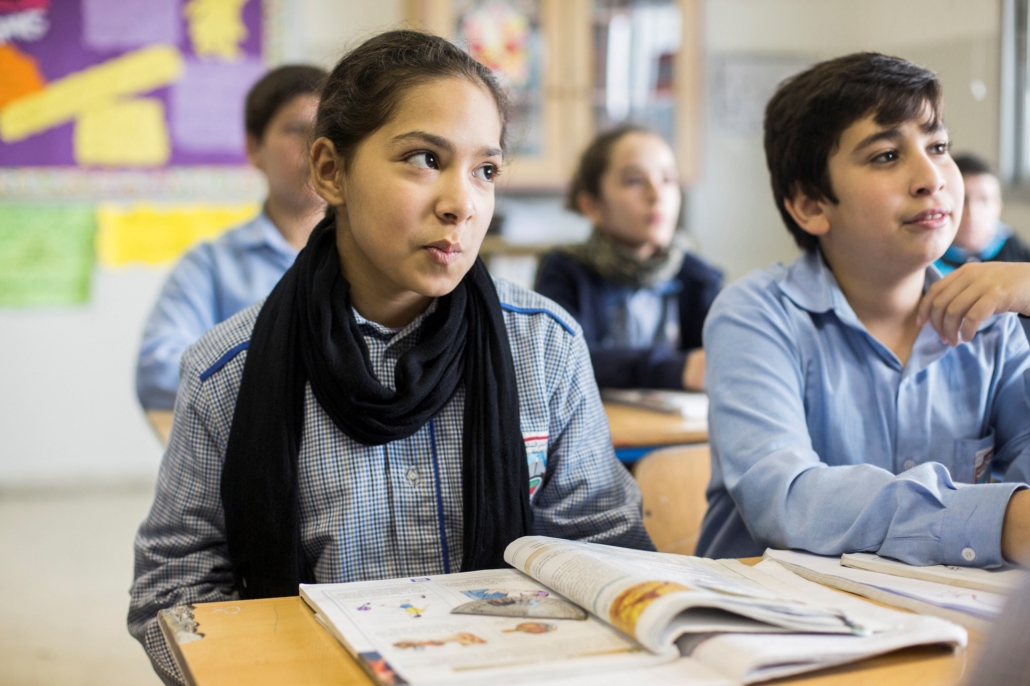Dawrati Addresses Period Poverty in Lebanon

In a world where many people within underdeveloped nations struggle to afford even their next meal, the issue of period poverty runs rampant. In Lebanon, specifically, a country experiencing what the World Bank describes as “one of the world’s worst financial crises since the 1850s,” the issue of period poverty in Lebanon is a growing concern.
What is Period Poverty?
The United Nations Population Fund (UNFPA) defines period poverty as “the struggle many low-income women and girls face while trying to afford menstrual products.” However, one can also use the term in a more broad and all-encompassing way. Period poverty also refers to any increased financial vulnerability a group of people may face strictly due to menstruation. As the country of Lebanon sinks deeper into economic and financial turmoil, period poverty in Lebanon has reached an all-time high. According to local Lebanese organization Dawrati, as much as 66% of adolescent Lebanese girls cannot afford menstrual products to properly manage their menstruation.
Overall Poverty in Lebanon
The official Lebanese currency, the Lebanese pound, is facing severe devaluation due to several factors such as corruption, crippling debt and the lack of foreign currency circulation in the country. This financial issue plunged the Lebanese population further into poverty. According to the Observatory, “the cost of food has soared by 700% over the past two years” with the potential to increase further in 2021.
The United Nations indicates that the Lebanese multidimensional poverty rate has drastically increased from 42% of the population in 2019 to 82% in 2021. Now, a significant portion of the Lebanese population earns unlivable wages, leaving most families stuck below the poverty line.
As necessities such as food and medicine become scarce and more difficult to afford, people who menstruate view menstrual products as luxuries they simply cannot afford. Due to inflation, the price of menstrual pads and products increased by 500%. This increase, in addition to the severe decrease in the value of incomes in Lebanese households, makes period poverty in Lebanon a major issue.
The Challenges Lebanese Girls and Women Face
By attempting to substitute menstrual products with more accessible alternatives, Lebanese girls and women put themselves at risk of infections and health complications. With more than 66% of girls and women in Lebanon unable to afford menstrual products, this substitution is a common reality. More than half of women in Lebanon have reduced their consumption of pads, opting for less sanitary options to manage their periods.
Lebanese women are increasingly replacing menstrual products with children’s diapers, old pieces of cloth or fabric and even newspapers. In addition to health concerns brought about by unsanitary methods of managing periods, period poverty in Lebanon also impacts the education of girls. Many adolescent girls skip school due to a lack of menstrual products, impacting their overall education and prospects for future success.
Taking Action Against Period Poverty in Lebanon
Even though the situation concerning period poverty in Lebanon is challenging, organizations are rallying to support Lebanese people who menstruate. “Dawrati,” which translates from Arabic into “menstruation cycle,” is one of the most prominent non-governmental organizations addressing period poverty in Lebanon.
Dawrati began in May 2020 and its efforts include distributing thousands of menstruation kits, maternity kits and first-time period kits to Lebanese people in the nation’s most vulnerable areas. The organization participates in many collaborative projects with other non-governmental organizations to ensure access to menstrual kits countrywide. The organization is partnering with the Zovighian Partnership to gather data on precise period poverty statistics in Lebanon. This comprehensive research will inform Dawrati’s lobbying efforts and “help Dawrati finalize its policy proposal to end period poverty in Lebanon.”
Looking Ahead
As Lebanon’s economy continues to deteriorate, it remains important to focus on addressing period poverty as issues affecting girls and women often go overlooked by governments. Period poverty in Lebanon is a serious concern, however, many individuals and organizations continue to support the country’s most vulnerable people with the resources they need to properly manage their menstrual cycles.
– Nohad Awada
Photo: Flickr
